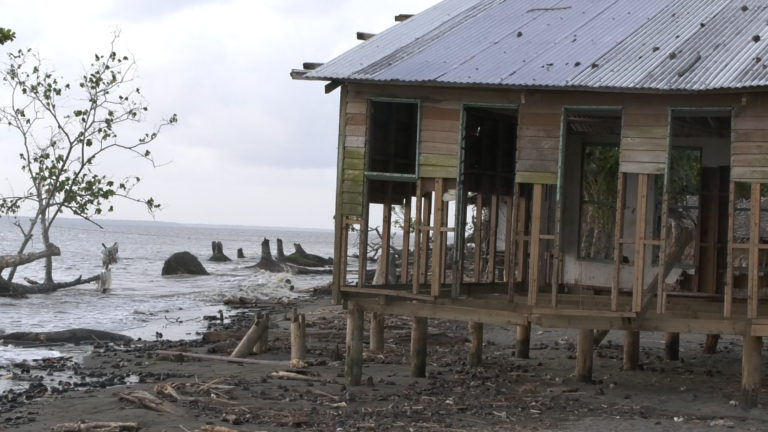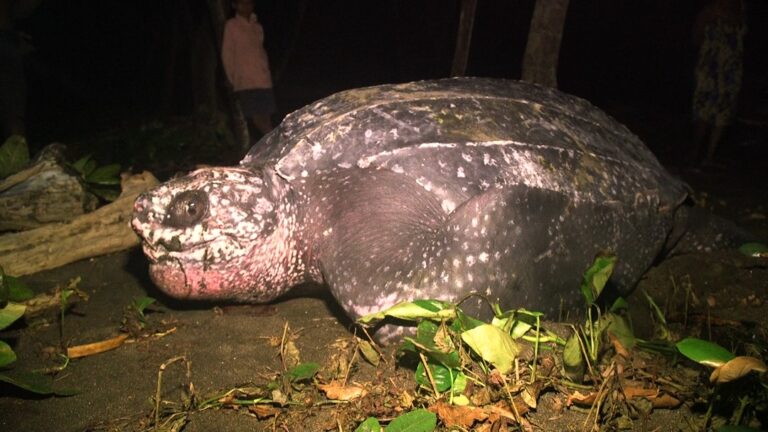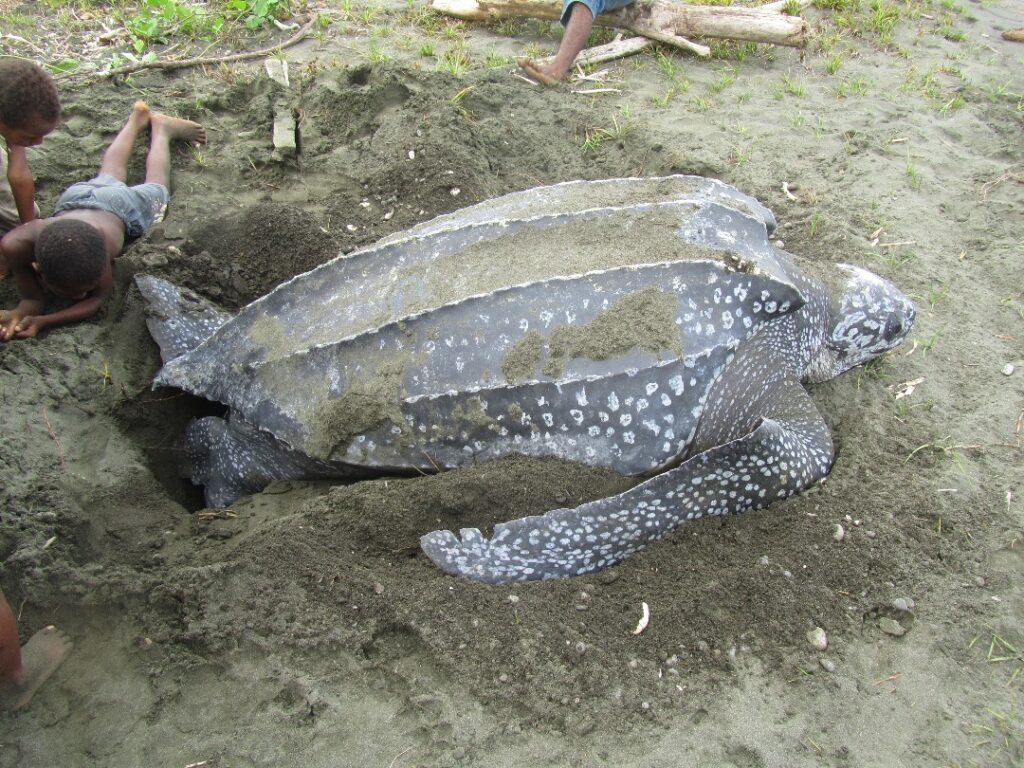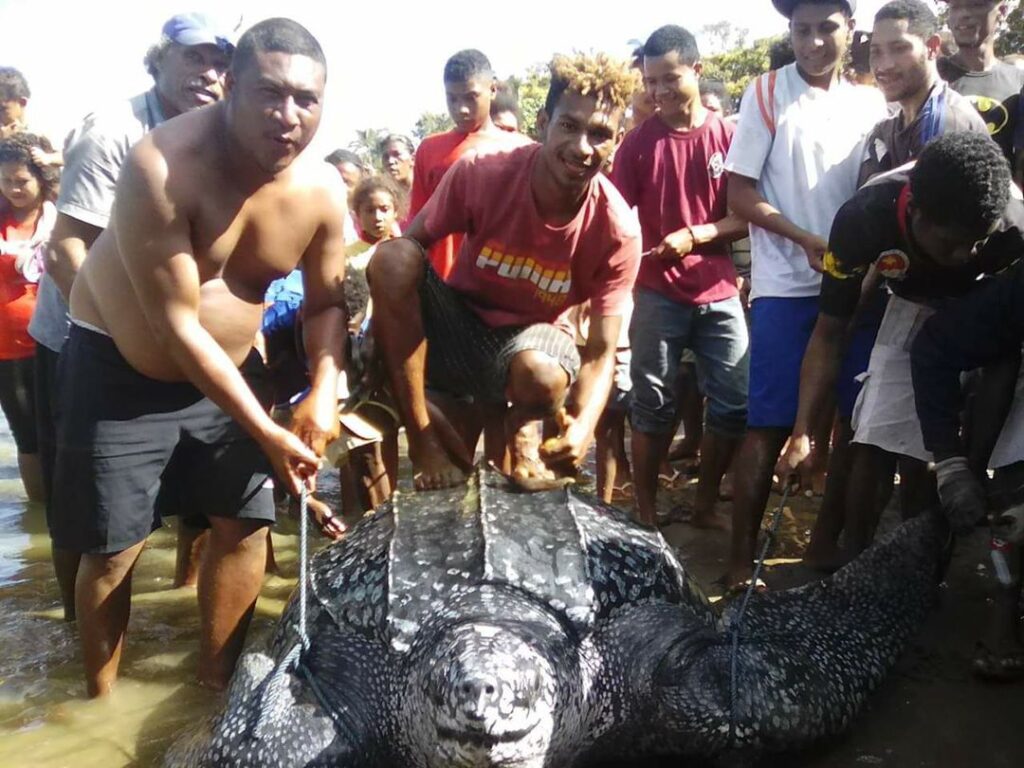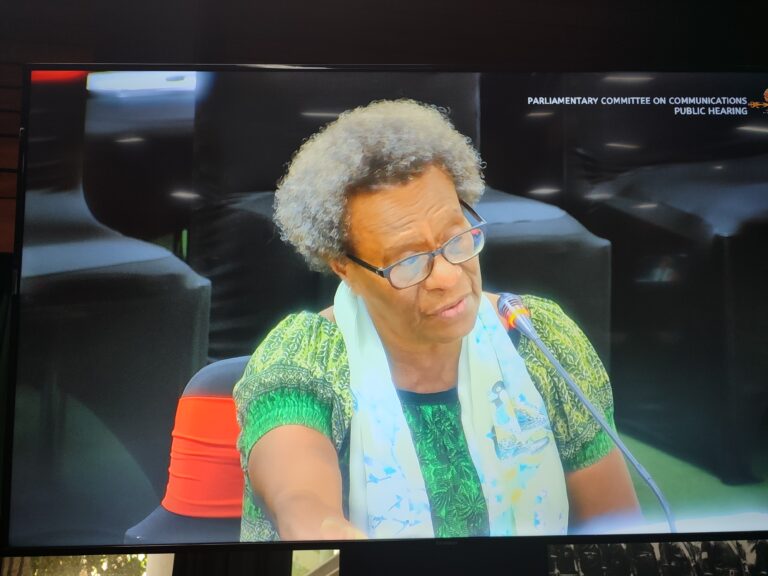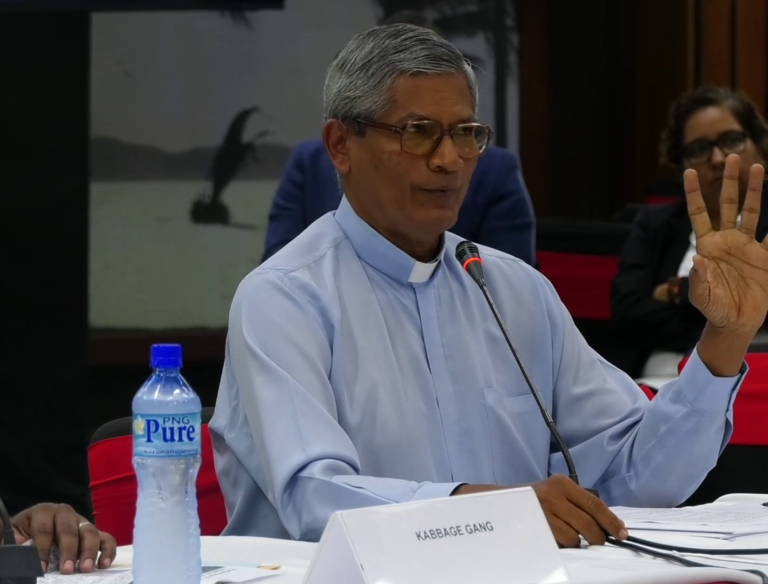The majestic Kikori River, one of the life-lines of the Great Papuan Plateau, spanning 144km meandering into the Gulf Delta holds an abundance of flora and fauna that has sustained the local people for generations.
For as long as the Veraibari villagers can recall, they have never felt threatened by this majestic wonder, until recent years.
Mr Tofinga Isaiah remembers a village that once had long sandy beaches and hundreds of mangroves as buffers, protecting the village.
The village sits at the mouth of the Kikori River. The long sandy beach is now, only a memory for Isaiah.
Memories his children and grand children will never have.
As the sea level continues to rise, it floods the basin, pushing water further back inland, affecting villagers that have lived in harmony with the river and the sea for many years.
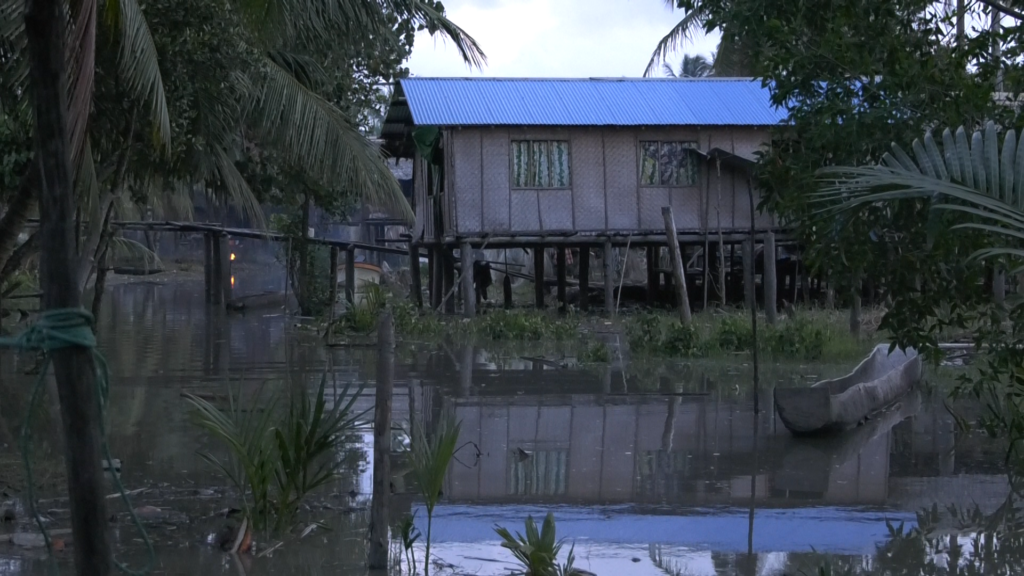
Sea level rise is an effect of climate change, due to the extreme releases of green house gases such as carbon dioxide and nitrogen into the atmosphere by manufacturing companies throughout the world.
Developed countries emit 90% of the total green house gas emissions.
And while the government cuts deals with developed countries to claim climate funds and donor assistance, the very people suffering from the impact of rising sea levels are left clueless about their future.
A youth leader, Gary Toru said they have a fair idea of what climate change is, but they need help to put a stop to it. He spoke in “tok pisin”.
“Mipla save olsem long overseas, ol kukim planti oil na gas na displa kamapim climate change. Mipla lukim senis kamap long ples so mipla nid long stopim displa climate change”. (We understand that the burning of oil and gas by countries abroad is causing climate change. We are seeing the impact first hand so we need to stop climate change).
Seeing the knowledge gap and its challenges, Piku Biodiversity Network (PBN) has stepped in to assist Veraibari villagers understand the global aspect of climate change and how the impact is felt locally.
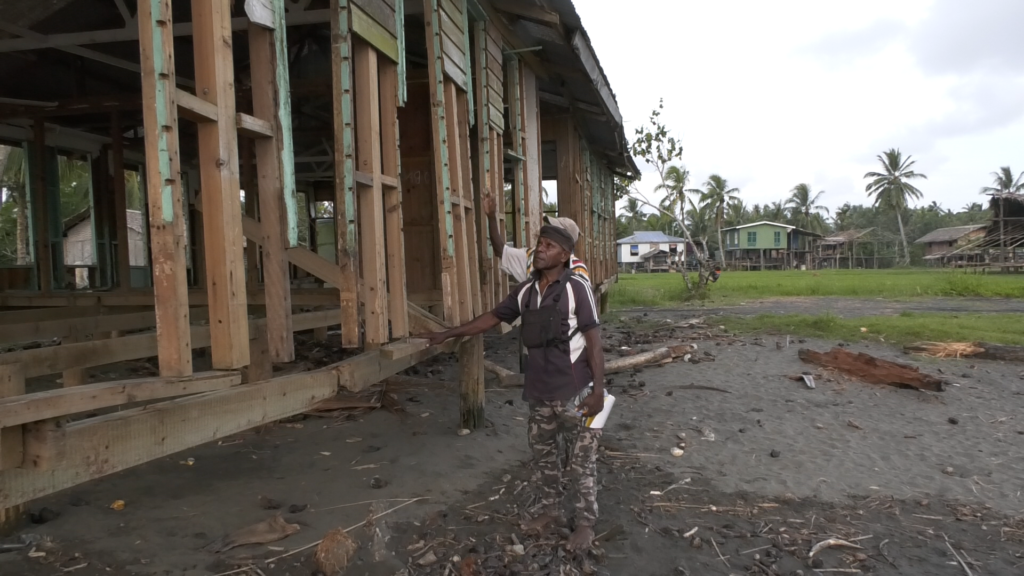
Director and founder of PBN, Yolanie Amepau said it’s important for the impacted villages to understand, that what they are experiencing is the changing of the climate.
“They also have to understand words such as impact and adaptation and mitigation,” she explained.
“The word climate change is new. It’s new to a lot of communities.
“We know a lot of communities that are being dispossessed because of climate change and Veraibari is one of them. Veraibari is a village caught between the river and the sea.
“The workshops we conduct is to understand their interpretation of climate change and how they plan to address the negative impacts”.
The workshop sees representatives from organizations such as Environment Defenders and the Climate Change Development Authority together with Piku Biodiversity working together to demonstrate collaboration in addressing this crisis.
Ms Amepau said the community leaders are looking at relocating the village and that exercise would cost over a million kina; money the villagers don’t have.
But while plans for relocation are on foot, Isaiah thinks the only solution for now, is building a sea wall.
“I think the only solution we believe to help us control the climate change forcing waves, is to build a sea wall. We tried other solutions but it has not worked.”
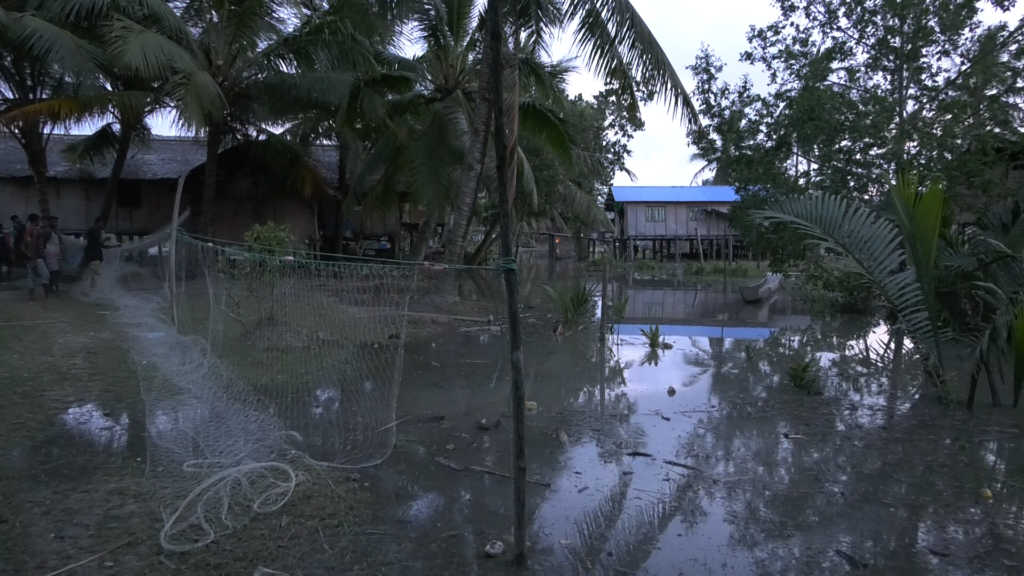
Isaac said the other land belongs to someone else, they simply cannot infringe. His concern is they would not have the freedom to hunt, make gardens and gather food freely to sustain their families.
While non-government organizations continue to assist with capacity building so villagers are in a better position to help themselves, the solution to protect their village and their people is in their hands.
The Climate Change and Development Authority (CCDA) unfortunately do not have the funding to assist, despite thousands of kina being committed by donor agencies.
The Acting Managing Director for CCDA, Ms Debora Sungi confirmed that most funds are parked with implementing agencies for capacity building workshops only.
CCDA is in the process of creating policies that will see a 5% equity from Carbon Deals retained by the authority to assist communities who are impacted by climate change.
For now, as negotiations continue at the top level and globally, for communities such as Veraibari village, they will have to summon community resilience and strength that has existed for generations to adapt to the new conditions in the village and also come up with community-based solutions to mitigate the impacts.
**This article was produced with the support of Internews Earth Journalism Network**

